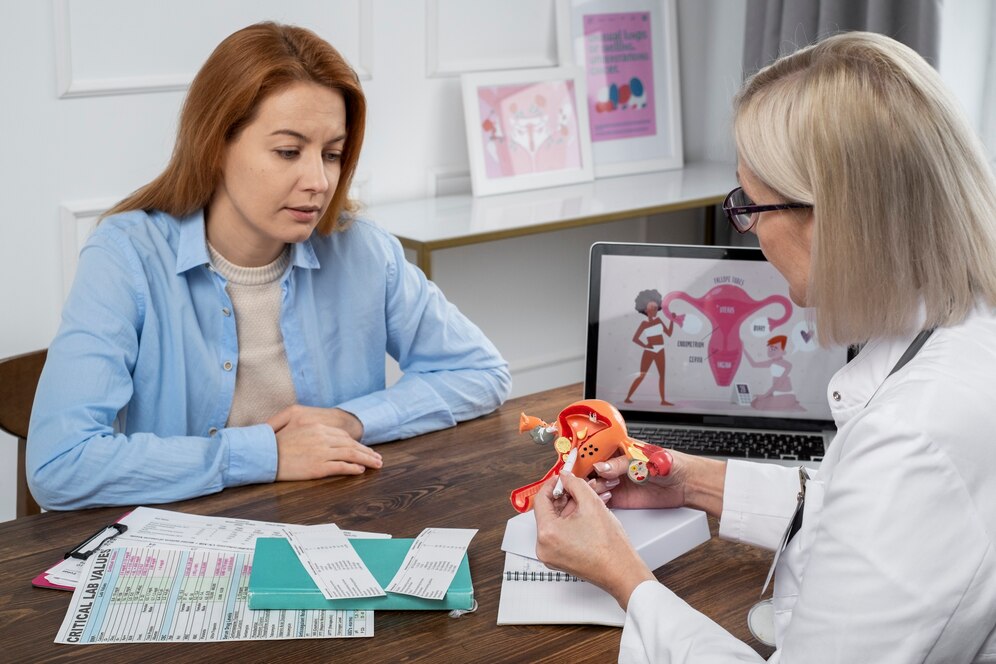Recurrent urinary tract infections (UTIs) are a common problem for many women and can affect their daily lives. Women who have recurrent UTIs often feel pain when they urinate, need to go to the bathroom often, and might feel uncomfortable, which can interrupt their usual activities. This can happen to healthy women as well as those with other health issues like diabetes, which can make the infections harder to manage.
What Causes Recurrent UTIs?
UTIs happen when bacteria enter the urinary system and start to multiply. The most common bacteria responsible for these infections is called Escherichia coli (E. coli), but others like Klebsiella, Pseudomonas, and Proteus can also cause problems, especially for women with certain health risks. Recurrent UTIs can occur in young, healthy women or those with specific conditions, such as:
- Diabetes: Women with diabetes are more likely to get complicated UTIs, which can lead to serious issues like kidney infections.
- Sexual Activity: Women who have just started being sexually active might experience recurrent UTIs. They may worry about getting another UTI after being intimate, which can affect their comfort and enjoyment.
Diagnosing Recurrent UTIs
A UTI is usually diagnosed based on symptoms like pain during urination. To be sure, doctors may conduct a urine test. If the test shows more than 100,000 bacteria per milliliter, it’s usually considered a UTI. However, if someone has clear symptoms, a urine test might not always be needed.
For women who frequently have UTIs, doctors might recommend other tests, like ultrasounds or CT scans, to check for any issues in the urinary system.
Treatment Options for Recurrent UTIs
Women with recurrent UTIs have different treatment options based on the cause and severity of their infections. These include:
- Antibiotics
- Continuous or Post-Sexual Activity Antibiotics: Some women might take low-dose antibiotics regularly or after intimacy to help prevent infections.
- Self-Started Antibiotics: Having antibiotics on hand can help women start treatment right away if they feel a UTI coming on.
- Cranberry Products
- Some studies suggest that cranberry products may help reduce the risk of UTIs. Cranberries have natural compounds that might stop bacteria like E. coli from sticking to the walls of the urinary tract.
- Behavioural Changes
- Simple changes, such as drinking more water, urinating after being intimate, and avoiding certain soaps that can irritate, can help prevent UTIs.
- Broad-Spectrum Antibiotics for Complicated UTIs
- If a woman has a complicated UTI, doctors may start with broad-spectrum antibiotics. Once the specific bacteria are identified, the treatment can be adjusted accordingly.
When to Seek Specialist Care
If someone has recurrent UTIs that don’t respond to usual treatments, it’s important to see a urologist. Dr. Anurag Kumar is a skilled urologist who specializes in treating complicated and recurrent UTIs. He helps patients understand what’s causing their infections and works with them to create personalized treatment plans.
For consultations with Dr. Anurag Kumar, you can reach him at +971 58 167 4006.

